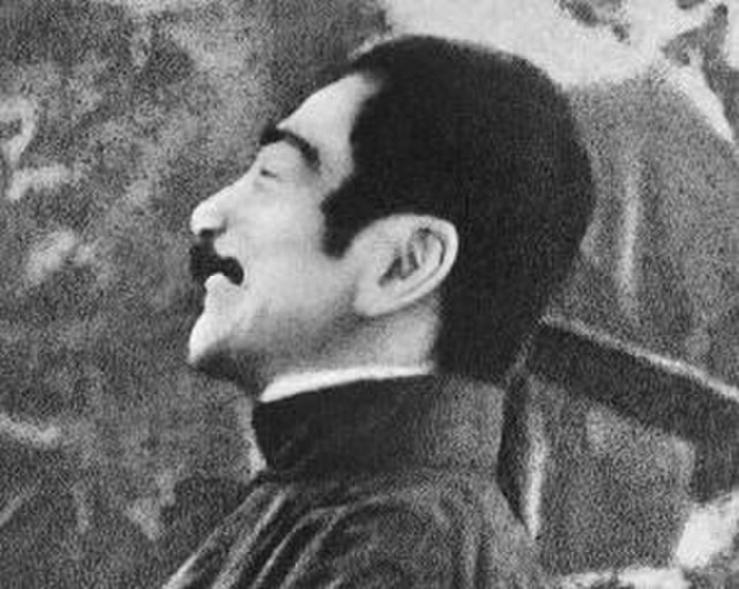The News
As an increasing number of Chinese college graduates struggle to find employment, a 1919 short story about “Kong Yiji” — an impoverished and frequently humiliated academic — has been resurrected into a relatable meme.
After Chinese state media criticized unemployed Chinese graduates for being “picky” about jobs and encouraged them to take on blue-collar work, many social media users invoked the fictional account of Kong Yiji to describe their bleak economic prospects in China and a ruling class unaware about modern-day pressures.
The Kong Yiji hashtag has now been censored on Weibo, and a pop music video titled Sunny and Cheerful Kong Yiji on Bilibili, China’s version of YouTube, was taken down hours after being uploaded.
But even as authorities crack down on criticism of the government’s lack of resources to help a highly-educated generation, Chinese internet users are increasingly expressing their pessimism about the future.
In this article:
Know More
Published in 1919 by Lu Xun, widely regarded as one of China’s most influential modern writers, “Kong Yiji” is a tale of a disillusioned scholar who is constantly ridiculed at a tavern he frequents. In the story, he is caught stealing books and is beaten until his legs break.
Academics have touted the short story as a critique of late-imperial China’s receding intellectual class and a society unbothered by the economic plight of others.
Now, young Chinese people have turned Kong Yiji into a self-deprecating meme to discuss their own frustrations of dedicating years to their studies, only to enter a job market offering blue-collar work or low-paying jobs with long hours that require degrees.
The lyrics of Sunny and Cheerful Kong Yiji also mirror many of the story’s literary themes.
“You drive a Lamborghini and laugh at me for not trying hard enough...this decadent old society has something to do with me,” the song goes. “Although I wash my face every day, my pockets are cleaner than my face.”
The View From Weibo
Social media conversation on Kong Yiji appears to have been sparked by a joint post uploaded by state broadcaster CCTV and the Communist Party Youth League, according to Radio Free Asia. The post accused the growing number of unemployed college graduates for being “picky” about job selection.
State media has also been pushing segments about college-educated professionals taking on blue-collar jobs, apparently in an effort to destigmatize it.
This sparked backlash on the Chinese internet with many invoking Kong Yiji, prompting #孔乙己# (#KongYiji) to be censored on Weibo. But users circumvented that by using different hashtags like #孔乙己的长衫# (#KongYiJi’s Long Gown), a reference to the academic gown the protagonist wore in the story.
“I spent more than ten years in exchange for this long gown, but you want me to take it off?” wrote one Weibo user, in an apparent reference to the government wanting graduates to apply for blue-collar work. “Not only will I not take it off, I will also spend more effort to gild my long gown.”

“The most hateful thing about the argument of ‘Kong Yiji’s long gown’ is that it deliberately ignores complex external factors such as social economy and culture; it simply blames the self-esteem of college students for the failure of job hunting,” wrote another user. “By distorting social deformities into individual responsibility, people’s attention is diverted from the real problem. College students are obviously victims of the system, but they are taught ‘what to do’ instead.”

Expert View
Bryan Van Norden, a Chinese translator and professor of philosophy at Vassar College, told Semafor that Kong Yiji had been hailed by the Chinese Communist Party as a literary masterpiece because of its themes tackling issues like corruption and elitism. But these themes are now backfiring on the party.
“If you adopt Lu Xun’s ideas now, the implication seems to be that China needs another revolution,” he said. “And so that’s why he’s so threatening to many people in power.”
He added that these issues are not exclusive to China, and that many in the West could also relate to Kong Yiji’s struggles.
Van Norden said that it was similar to how boomers in the U.S. tend to blame younger people for being unemployed or not owning a house.
“But younger people point out things are very different now than they were for people in my generation,” he said.
Step Back
There are fewer economic opportunities for China’s younger generation, sparked, in part, by a surge in the number of college graduates. Chinese universities are churning 10 times more graduates than they were a decade ago, but the number of available jobs hasn’t kept up. This resulted in a youth unemployment rate above 18% last year, three times more than the overall rate.
Those that do manage to find a job suitable for their qualifications often find themselves underpaid and working incredibly long hours. This has spurred a “lying flat” phenomenon where young people are openly talking about putting in the minimum effort required for a job, similar to the “quiet quitting” trend in the U.S.
Authorities are desperately trying to inject younger workers with the fear that a slowing economy will only worsen as more people in their generation decide not to have children.
Notable
- “Kong Yiji’s” political significance and contribution to contemporary society is explored in a China Digital Times article. It also features summaries of WeChat essays on the employment conditions for recent college graduates.


